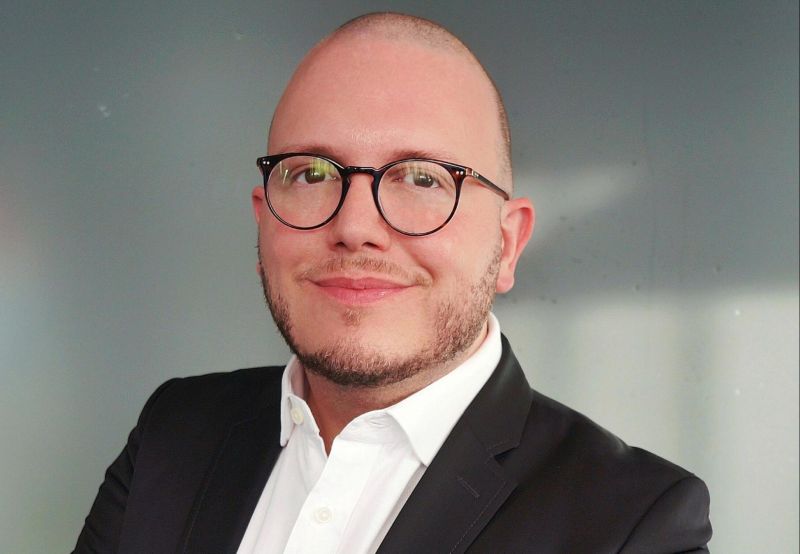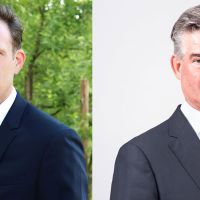Blog Categories

South Pole’s Digital Solutions
We understand that your business is under more pressure than ever to step up its sustainability agenda. That is why we have the software integrations available for you to get started today.
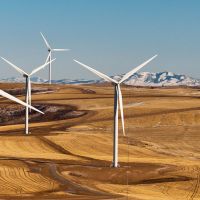
Transformative Climate Solutions
We are helping to drive the transformation from a consumption-led, extractive economy to a low-carbon, sustainable one.


Nestlé
With a significant agricultural value chain, including multiple brands with individual greenhouse gas footprints, achieving Net Zero for Nestle is a complicated process. Nestle needed a roadmap to get there.

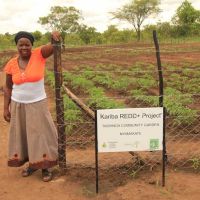
Carbon Credits
Buy carbon credits from the world's largest portfolio of carbon projects to protect the planet and transform lives.

Manage & Calculate your emissions now
Our platform enables individuals and organisations alike to measure, track and compensate for their emissions.

The South Pole 2024 Net Zero Report
Destination Zero: the state of corporate climate action
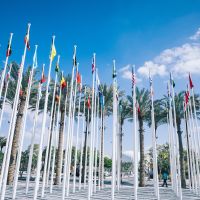
Penguin Perspectives Blog
Gain fresh perspectives and opinions from our in-house experts and guest authors.
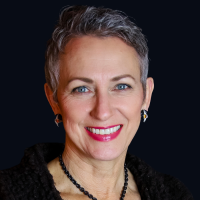
Dame Inga Beale appointed as South Pole Chair
South Pole is pleased to announce the appointment of Dame Inga Beale as new Chair of its Board.

Subscribe to our Newsletter
The South Pole Snapshot is delivered once every two months
South Pole believes that a Net Zero target is a part of every organisation's Climate Journey.
Read more


